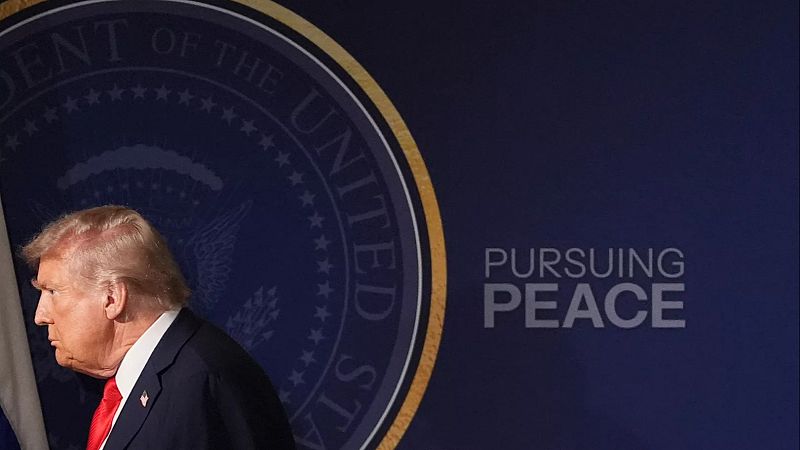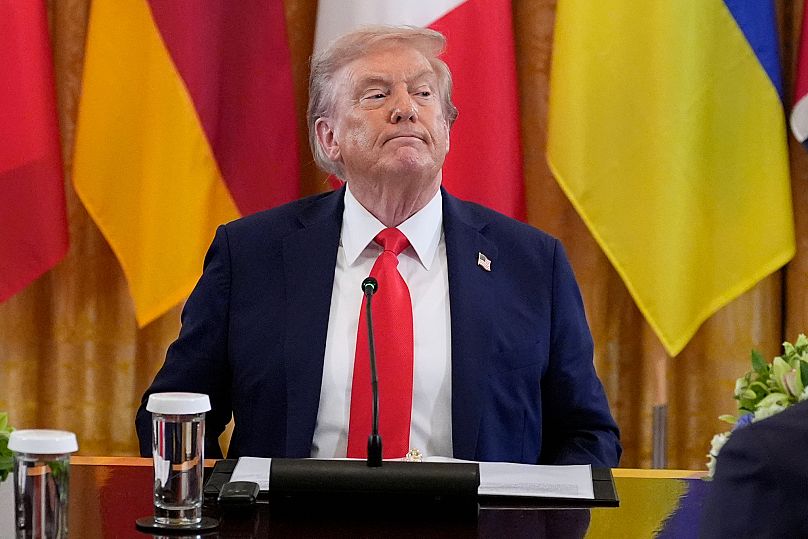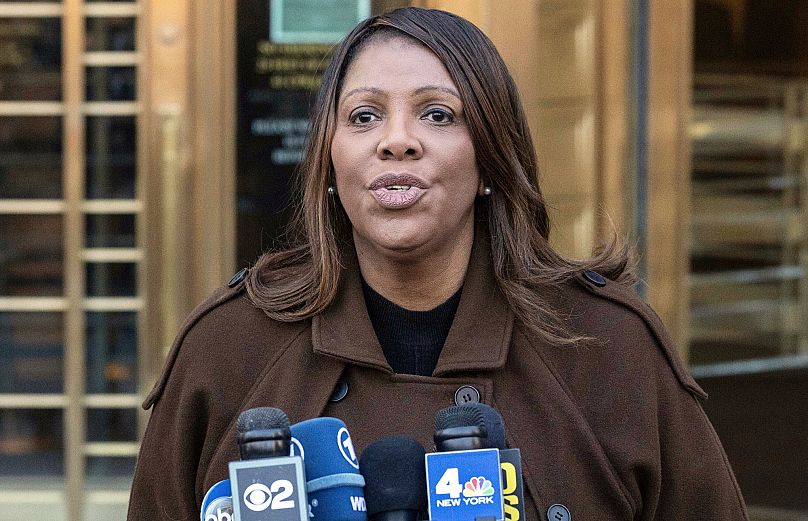Appeals court throws out massive civil fraud penalty against President Trump

A New York appeals court threw out President Donald Trymp’s massive civil fraud penalty on Thursday, while upholding a judge’s finding that he exaggerated his wealth for decades.
The ruling spares Trump from a potential half-billion-dollar fine but bans him and his two eldest sons from serving in corporate leadership for several years.
The decision came seven months after the Republican returned to the White House.
A panel of five judges in New York’s mid-level Appellate Division said the verdict, which stood to cost Trump more than $515 million (€443 million) and rock his real estate empire, was “excessive.”
After finding Trump engaged in fraud by flagrantly padding financial statements that went to lenders and insurers, Judge Arthur Engoron ordered him last year to pay $355 million (€305 million) in penalties.
With interest, the sum has topped $515 million.
The total — combined with penalties levied on some other Trump Organisation executives, including Trump’s sons Eric and Donald Jr. — now exceeds $527 million (€453 million), with interest.
“While the injunctive relief ordered by the court is well crafted to curb defendants’ business culture, the court’s disgorgement order, which directs that defendants pay nearly half a billion dollars to the State of New York, is an excessive fine that violates the Eighth Amendment of the United States Constitution,” Judges Dianne T. Renwick and Peter H. Moulton wrote in one of several opinions shaping the appeals court’s ruling.
Engoron’s other punishments, upheld by the appeals court, have been on pause during Trump’s appeal and he was able to hold off collection of the money by posting a $175 million (€150 million) bond.
The court, which split on the merits of the lawsuit and Engoron’s fraud finding, dismissed the penalty in its entirety while also leaving a pathway for an appeal to the state’s highest court, the Court of Appeals.
Trump and his co-defendants, the judges wrote, can seek to extend the pause on any punishments taking effect.
The panel was sharply divided, issuing 323 pages of concurring and dissenting opinions with no majority. Rather, some judges endorsed parts of their colleagues' findings while denouncing others, enabling the court to rule.
Two judges wrote that they felt New York Attorney General Letitia James’ lawsuit against Trump and his companies was justifiable and that she had proven her case but the penalty was too severe.
One wrote that James exceeded her legal authority in bringing the suit, saying that if any of Trump’s lenders felt cheated, they could have sued him themselves, and none did.
One judge wrote that Engoron erred by ruling before the trial began that the attorney general had proved Trump engaged in fraud.
The appeals court, the Appellate Division of the state’s trial court, took an unusually long time to rule, weighing Trump’s appeal for nearly 11 months after oral arguments last fall. Normally, appeals are decided in a matter of weeks or a few months.
James has said the businessman-turned-politician engaged in “lying, cheating, and staggering fraud.” Her office had no immediate comment after Thursday's decision.
Today



